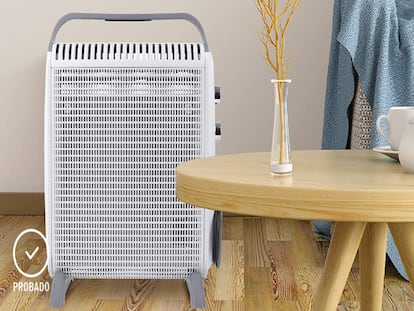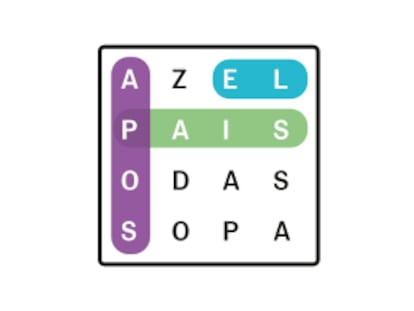Equal treatment for all European consumers
The dual quality of identically-branded foodstuffs, when discriminatory and not respecting consumer expectations, must be considered unfair
‘Dual quality’ is a practice in which food companies use different recipes for items sold under the same brand name and with the same packaging. Depending on the market where they are sold, some products might be of lower nutritional quality or could contain substandard ingredients. Mostly, food companies are suspected to sell products of lower quality in Eastern European countries but differences within the West also exist. Food as well as other products such as toothpaste and shampoo may be subject to this practice.
Dual quality products recently made the headlines in countries including Slovakia, Hungary, Slovenia and Croatia, where many consumers stated that they felt like ‘second class citizens'. Tests conducted by governments and consumer groups —such as ZPS in Slovenia— found for instance that Slovak fish sticks contained less fish than the Austrian equivalent; Polish biscuits produced with butter and palm oil whereas the brand’s German factory used only butter; and fruit yogurts that contained more fruit in Austria than in Slovenia.
Europe is rich in culinary traditions, so consumption differences do exist. Yet the dual quality of identically-branded foodstuffs, when discriminatory and not respecting consumer expectations, must be considered unfair.
Pressure must be put on food companies to treat all EU consumers equally. It is welcome news that the European Commission is working on a harmonised testing methodology to expose dual quality cases and to make industry accountable. Also welcome is the financial support that the EU will offer to national consumer protection authorities so that they can run more comparative food tests.
Consumer organisations also have a key role to play in comparing products and helping consumers to figure out which ones have the highest quality. Just as they help consumers to switch to cheaper energy suppliers or to choose the most suitable financial products, our member organisations give independent information on food composition and nutritional value and help consumers in choosing accordingly. This is exactly what our member OCU is doing for Spanish consumers, for example.
We have succeeded in convincing food companies to change for the better. For instance, Danone had to add real fruit to the Belgian recipe of its best-selling children's yogurt. This came after our Belgian member complained that the packaging showing fruit was misleading, as the product contained only flavourings. Because companies use different strategies from one market to another, it took more pressure for the recipe to be changed in neighbouring countries.
Sadly, industry efforts to reduce fat, sugar and salt levels have been uneven across EU member countries. This reflects discrepancies in government leadership on nutrition issues between different countries, often combined with less developed consumer movements.
All EU consumers must be able to trust that the food they buy is safe and healthy, and that what they see on the label is what they will find inside the package. Ensuring that this is the case is one way that policymakers can bring the EU closer to its citizens.
Monique Goyens, director General of European Consumer Organisation (BEUC).







































































